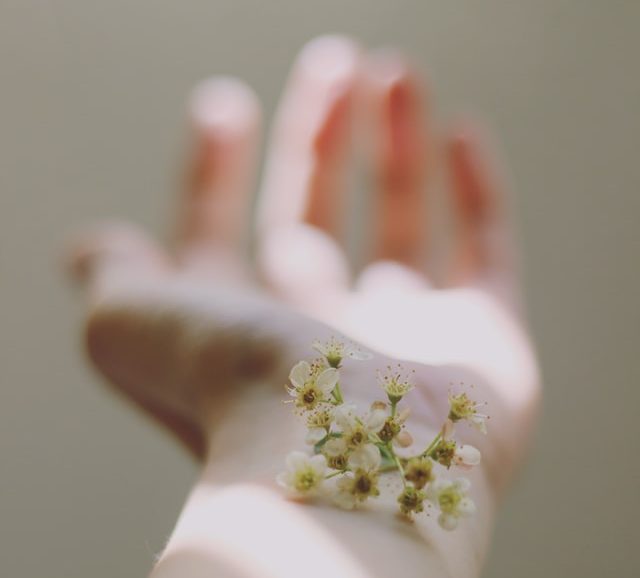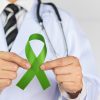This article is contributed by Icon Cancer Centre, where Medical Oncologist Dr Shang Yeap Heng Oon (Senior Consultant, Specialist in Medical Oncology) answers some common questions on non-melanoma skin cancer.
What is non-melanoma skin cancer?
Skin cancer occurs when cancer cells grow uncontrollably in the skin. There are two main types of skin cancer, melanoma and non-melanoma skin cancer. Non-melanoma skin cancer refers to all skin cancers that are not melanoma skin cancer and usually occurs in the basal, squamous or Merkel cells of the skin.
What causes non-melanoma skin cancer?
Damage to skin cells may be caused by prolonged exposure to the sun (and subsequent UV radiation) or exposure to artificial UB such as through tanning beds.
There are many other risk factors, including:
- Having many unusual moles
- A light complexion, eye colour and hair colour
- Freckles
- A tendency for skin to burn instead of tan
- Being immunosuppressed – This refers to having a weakened natural immune system, which puts you at an increased risk of the development of aggressive skin cancers. Immunosuppression is common in transplant patients or patients with auto-immune diseases
- Patients receiving blood disorder treatment
- A personal history of skin cancer
What are the signs and symptoms to look out for?
There are many different signs and symptoms for non-melanoma skin cancer which may be confused with other skin conditions. This is why it’s important to consult your doctor if you notice any skin changes, such as sores that are slow to heal, tender or painful skin, thick or scaly patches of skin which may be pale and shiny, bright pink or red in colour, fast-growing lumps or changes to the sensation of your skin around a spot or lump.
Skin cancer is treatable when detected early. Early detection helps improve survival rates.
What can I do to decrease my risk of non-melanoma skin cancer?
Here’s what you can do to decrease your risk:
- Avoid prolonged exposure to the sun – Though some amount of exposure of sun is good for Vitamin D production, you should try to avoid prolonged exposure to sun. If you are unable to stay out of the sun, do cover your exposed body areas as much as possible
- Protect your skin with sunscreen – We recommend using SPF50+ sunscreen if you will be outdoors and under the sun for two hours or more, and as part of your daily routine. Many females will apply sunscreen on their face, but don’t forget to do so for other parts of your body such as your arms and legs
- Get regular skin cancer checks – Regular skin cancer checks by a specialist skin cancer doctor play an important role in the early diagnosis of skin cancer. We particularly encourage you to book these in if you notice any sun damage or changes to your skin
For more information on skin cancers, please visit Icon Cancer Centre’s website.






